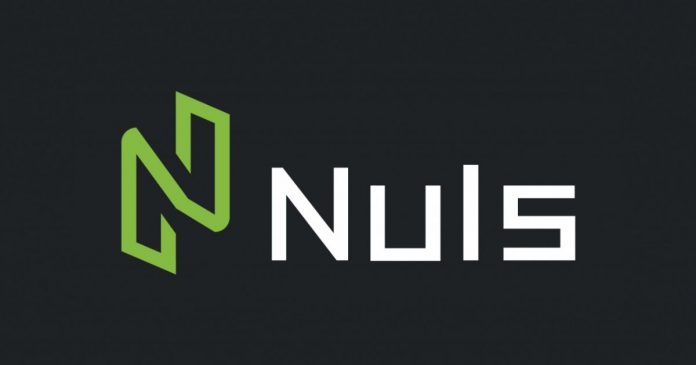NULS, the adaptive blockchain solution for enterprise, has tested new staking service, staked coin output (SCO). Aleph, a cross-blockchain layer-2 network, has helped it happen.
Here comes a new reward model: NULS has just introduced a new staking service. Its users will be able to stake tokens and receive tokens from other projects on the NULS platform.
“NULS is providing a critical path for success with this innovation,” said NULS Co-founder Reaper Ran. “SCO can fast track top-tier projects and help spur innovation that the NULS community wants. It’s like sending your kid to college before having them jump into the ‘real world.’ The investor community isn’t risking anything because they are only sacrificing their staked rewards, not their principal. Developers that participate have near-zero overhead, and the NULS network effect means that successful SCO projects are able to approach the market with confidence.”
NULS claims that this is the first-of-its-kind system. The company adds that the SCO model paves the way for projects “to have a stronger incubation strategy within the NULS network.” In other words, projects can take their time and understand the market better. Specifically, if there’s any appetite for their solution. Then, they can decide whether it is worth to fundraise or carry out ICOs and IEOs.
NULS emphasizes that Aleph managed to secure 2 million in just 24 hours. It points out that the NULS network had to spin up 4 nodes to accommodate. The first node of 500,000 staked tokens was full within hours of the token launch.
How Does It Work?
If you happen to hold NULS tokens, then you are the one deciding how you want to receive the rewards for participating in consensus as validation nodes. The first requirement is for a NULS staker to hold 2,000 NULS. The staking nodes first validate blocks and then the NULS consensus nodes produce the blocks. Ultimately, a staker delegates their node into a consensus node for an SCO project. For example, Aleph. Then, s/he can earn the alternative (Aleph) token instead of the NULS token as their consensus reward.
Video: https://www.youtube.com/watch?v=pesUnbgguGU
That said, there’s a key difference between ICO and SCO. The latter “never requires token-holders’ funds to leave their possession.” The participants simply need to choose how they want to receive their rewards for their participation in the network. NULS benefits from this system as well. The SCO is earning rewards for it.
“SCO nodes can even choose their commission levels (10-99%), allowing NULS stakers to earn a percentage of NULS alongside the project token,” the company indicates.
Besides, NULS has also put together SCO Lab, a coalition of multiple public chains, incubators, mining pools, exchanges, media and other professional institutions/organizations. Its members include
- NULS (Blockchain Infrastructure)
- Staking² (Platform)
- BitSG (Exchange)
- Xionglin Capital (Capital Fund)
- BlockCapital (Incubation)
- HashQuark (Platform)
- BISS (Incubation & Exchange)




























